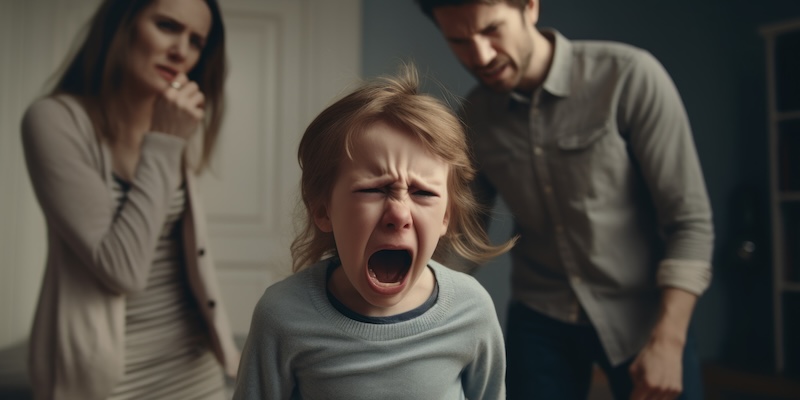When a child exhibits frequent outbursts, defiance, or even destructive behaviors, it’s easy to label them as a “problem child” or assume they simply lack discipline. But for some children, there’s something more complex at play – disruptive behavior disorders like Oppositional Defiant Disorder (ODD), Conduct Disorder (CD), Intermittent Explosive Disorder, and others. At Pandora’s House Psychiatry, we help families understand these diagnoses and find pathways to healing.

Myth #1: They’re Just Choosing to Be Difficult
- Reality: While the behaviors can be frustrating, children with disruptive disorders aren’t acting out on purpose. They often struggle with emotional regulation, impulse control, and may have underlying mental health conditions contributing to their outbursts.
Myth #2: It’s All About Bad Parenting
- Reality: While parenting style can influence behavior, blaming parents for these disorders is inaccurate and hurtful. Genetics, trauma, brain differences, and environmental factors all play complex roles. Good parents can have children who struggle with these disorders.
Myth #3: They’ll Grow Out of It
- Reality: Without proper intervention, disruptive behavior disorders can worsen over time, impacting relationships, school performance, and self-esteem. Early diagnosis and treatment are key for the best possible outcomes.
Myth #4: These Kids Are Dangerous or Will Become Criminals
- Reality: While some kids with Conduct Disorder might engage in antisocial behaviors, the majority will NOT. Equating mental illness with criminality is harmful and stigmatizing. With support, they can learn healthy coping skills and lead fulfilling lives.
What Pandora’s House Psychiatry Offers
We understand disruptive behavior disorders are complex. Our specialized services include:
- Thorough Diagnostic Assessments: Our experienced psychiatrists carefully evaluate children to distinguish disruptive disorders from other behavioral or mental health concerns.
- Personalized Treatment Plans: We develop plans that may include therapy (individual, family), medication when appropriate, and school collaboration.
- Parent Support and Education: We empower parents with strategies for managing difficult behaviors, understanding their child’s diagnosis, and advocating for their needs.
When to Seek Our Help: Signs a Child Needs Evaluation
- Extreme, Frequent Outbursts: Disproportionate anger or defiance that goes beyond typical childhood tantrums or testing limits.
- Significant Impact on Life: Behaviors that harm relationships, cause major school disruptions, or lead to social isolation.
- Age-Inappropriate Behaviors: Defiance or aggression that would be more expected in a much younger child.
If you’re struggling to parent a child with disruptive behaviors, you are not alone. Contact Pandora’s House Psychiatry for compassionate, expert evaluation and a personalized plan to help your child regain control and reach their full potential.
